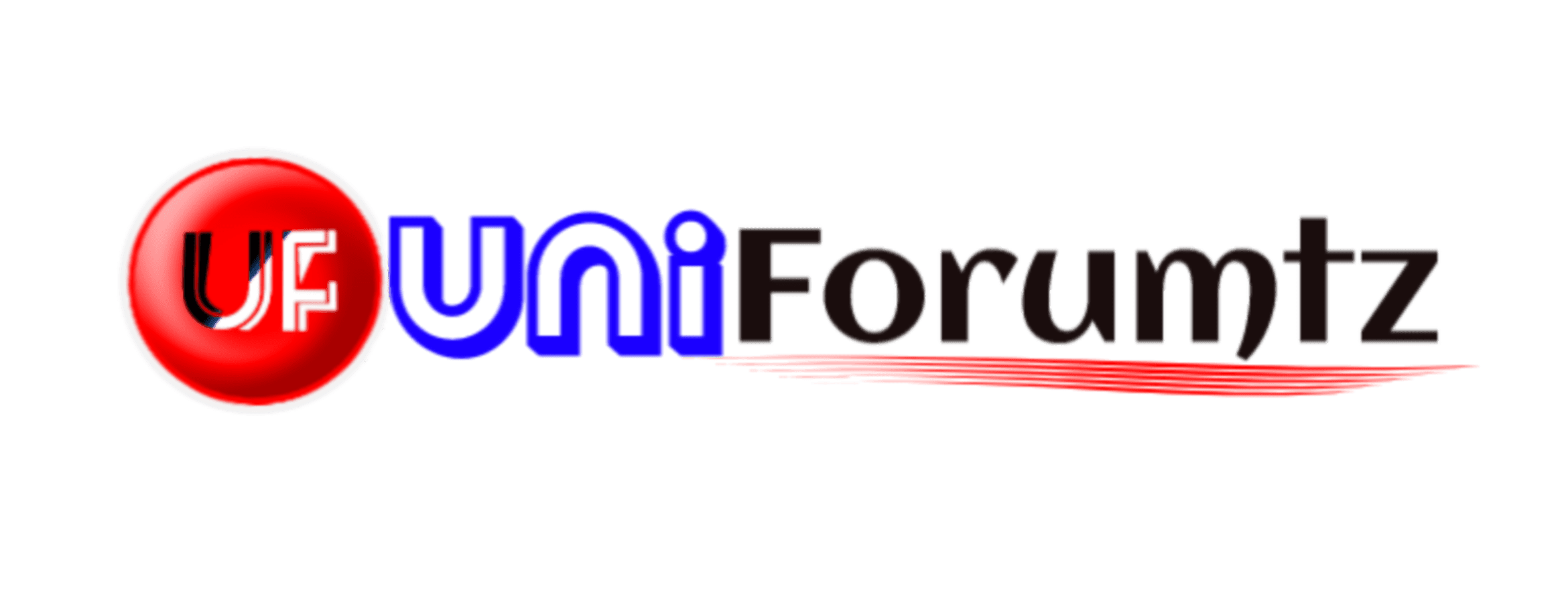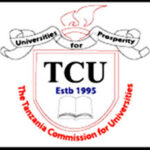STRENGTHENING DRR CAPACITY IN SADC: Online Short Course Training. Despite significant progress and strides in the region to promote Disaster Risk Reduction (DRR), the Southern Africa region struggles to combat risk and remains highly vulnerable. This is largely due to a severe lack of capacity or skilled personnel in the disaster risk sector to drive and implement effective and sustainable risk reduction initiatives in order to create resilient and sustainable societies
In partnership with the World Bank, PERIPERI U Partners are hosting an online short course focused on strengthening capacity in Disaster Risk Reduction-based skills and knowledge for emerging researchers, early career practitioners and PhD level students in the SADC region with an interest in the fields of disasters, risk and resilience. You may interested also Edinburgh Global Undergraduate Mathematics Scholarships 2020/2021
The course is free of charge and available to residents of SADC member States. All online lectures will be prepared and delivered in English, with Portuguese and French speaking classroom assistants, and key content translated into Portuguese and French.
COURSE STRUCTURE
Week 1: Understanding and addressing risk in Africa
- Introduces key concepts and terminology with respect to Disaster Risk Reduction (DRR).
- Examines the complex nature of the risk environment in Africa, with a particular emphasis urban and transboundary risks, and how these are expected to be influenced by climate change.
- Makes the case for DRR and risk assessment as foundational to risk reduction planning and decision-making.
Week 2: Risk Financing (RF) and risk assessment as tools for DRR
- Introduces the rationale for risk financing for reducing complex risks in Africa
- Explore concepts, principles and instruments for risk financing in the African context, including case studies illustrating the application of RF tools
- Examine the role of risk assessment to support the informational requirements of successful RF
- Introduce risk assessment concepts and approaches, internationally and on the continent
Week 3: Risk Assessment and analysis for informed decision-making
- Explore the types of data required for effective risk assessment, generally and for the purposes of RF, as well as approaches to data collection and analysis, drawing on practice examples
- New and disruptive technologies to support risk analysis, and issues and challenges associated with these
Week 4: Community-based risk assessment
- Introduce participants to the role of CBRA as a first step in Community Based Risk Management, and the basic concepts, principles and tools
- Explain the steps necessary for setting up community-based engagements
- Demonstrate the use of participatory tools
- Explain how to present and package data for communication to different audiences.
STUDY STRUCTURE
The programme will comprise a mixture of contact teaching and self-study, supplemented with several pre-prepared electronic resources, such as 15-20-minute narrated presentations, videos and case studies. Course participants will be expected to:
- Attend contact sessions (lectures and/or discussions) for an average of four-six hours each week. These sessions will be recorded for the benefit of students with intermittent internet connectivity/electricity supply.
- Another six-eight hours per week will be flexible reading and self-study time. Participants will be expected to complete set readings, watch audio-visual and complete short tasks based on these resources.
- Complete three assignments.
CERTIFICATION
The course will be accredited by the University of Stellenbosch Short Course Division in compliance with their quality assurance standards. Upon successfully completing course assessments, participants will be provided with a ‘Certificate of Competence’ by Stellenbosch University. Participants must complete both of their assignments and receive an average overall mark of at least 50% to qualify to receive their certificate.
TARGET AUDIENCE OF COURSE
The course is designed for emerging researchers, early career practitioners and PhD level students with an interest in the fields of disasters, risk and resilience. However, it will also be relevant for more experienced risk managers, established disaster risk practitioners and experts outside of academia who wish to sharpen their disaster risk knowledge and research skills – as well as to keep abreast of developments in the field.
Priority will be given to following target groups:
- Citizens of SADC member countries
- Young professionals between the ages of 21 and 35
- Participants with some experience of Disaster Risk Management or related sectors
- Women with experience in related fields
- Those with a basic understanding of reading, writing and speaking in English.
TRANSLATION SERVICES
All online lectures will be prepared and delivered in English. Only core content and reading materials will be translated in French and Portuguese. Depending on demand and language proficiency of participants, French and Portuguese speaking classroom assistants will be available to assist participants
APPLICATION DETAILS
All interested persons are requested to apply for the short course through this Online application form. Please note that completion of this application form does not mean you are immediately or automatically accepted to participate in the courses on offer.
Once successfully completing this online application and submitting the requested documents, our registration staff will respond back by Early January 2021 to inform you whether your application was successful or not.
For More Information about PERIPERI U/World Bank Strengthening DRR Capacity in SADC: Online Short Course Training 2021 visits official webage here






